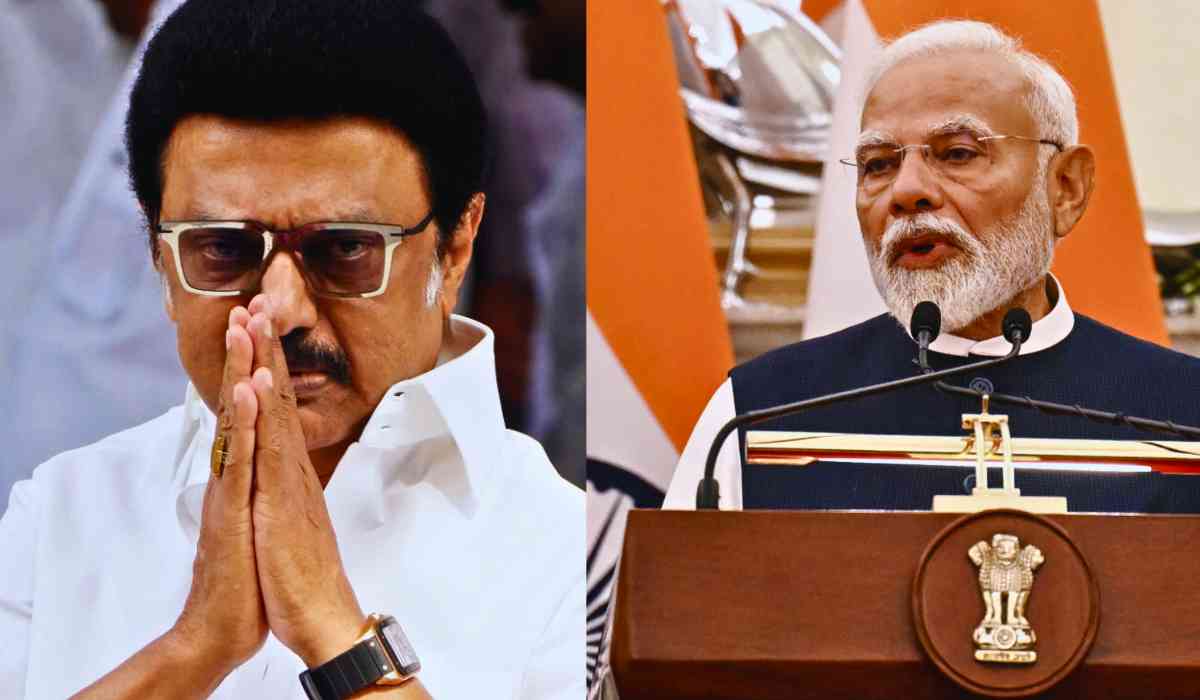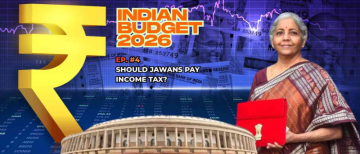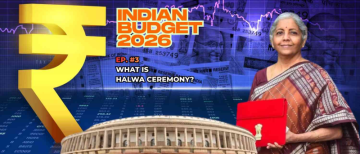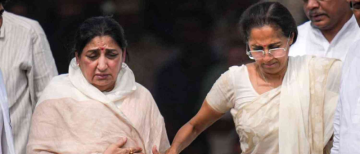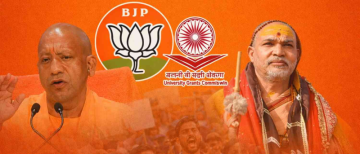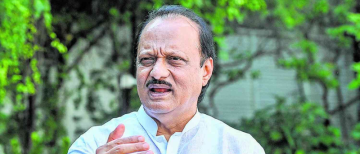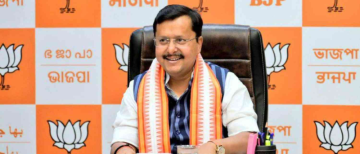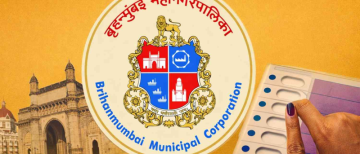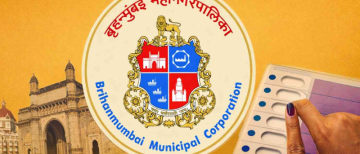Prime Minister Narendra Modi's proposal to redefine parliamentary boundaries in India has sparked significant opposition from southern states. This plan, known as delimitation, aims to redraw electoral constituencies based on population data from the 2011 census. However, leaders from southern states fear that this will diminish their political representation and enhance the influence of northern states, where the ruling Bharatiya Janata Party (BJP) has strong support.

Understanding Delimitation
Delimitation is a process that adjusts the boundaries of electoral constituencies to reflect population changes. According to the Indian Constitution, delimitation should occur every ten years after a national census. The last census was conducted in 2011, which recorded a population of 1.21 billion. However, the planned 2021 census was postponed due to the COVID-19 pandemic, leaving many states anxious about how their representation might change without updated data.
Concerns from Southern States
Southern states like Tamil Nadu, Karnataka, Andhra Pradesh, Telangana, and Kerala have expressed strong opposition to Modi's delimitation plan. They argue that it unfairly penalizes them for successfully controlling population growth through effective family planning policies. For instance, Tamil Nadu Chief Minister M.K. Stalin voiced concerns that this move would reduce their political power and representation in Parliament.
Stalin proposed a resolution during a recent meeting with opposition leaders from various parties in southern states. He suggested that the delimitation process should use population figures from 1971 and remain unchanged until 2056. This approach aims to ensure that densely populated northern states do not dominate parliamentary representation at the expense of southern states that have effectively managed their population growth.
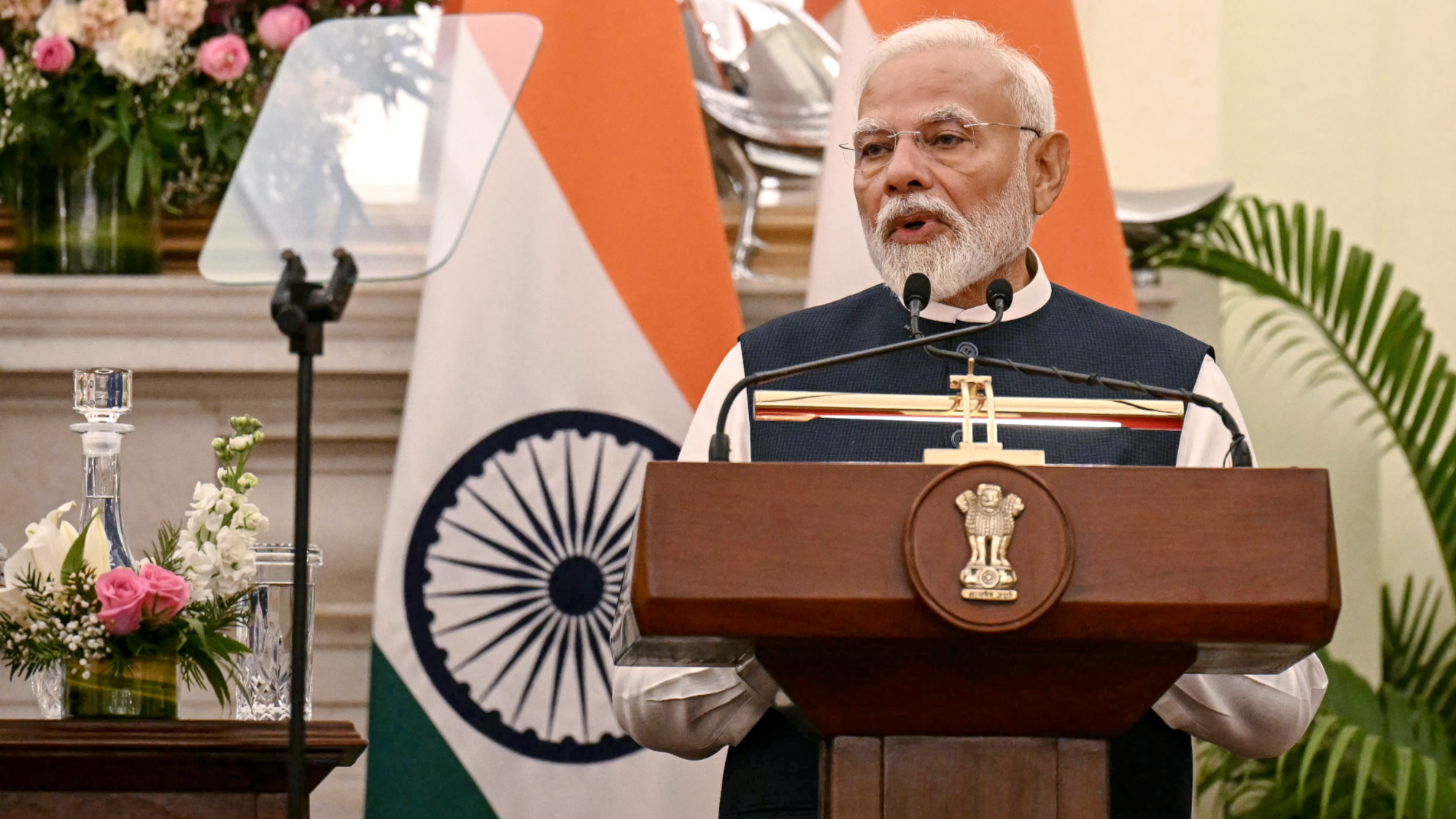
Political Ramifications
The potential consequences of this delimitation are significant. If parliamentary seats are allocated based on the latest population statistics, northern states like Uttar Pradesh and Bihar could gain more seats in Parliament due to their larger populations. This shift could solidify the BJP's dominance in Parliament, making it difficult for opposition parties to challenge their authority effectively.
For example, Uttar Pradesh's Lok Sabha constituencies could potentially increase from 80 to 128 if delimitation proceeds as planned. In contrast, southern states may not see substantial changes in their number of seats, which could limit their ability to counterbalance the BJP's growing influence.
Government's Response
In response to these concerns, Home Minister Amit Shah assured southern leaders that they would not lose representation due to delimitation. He stated that "not a single seat" would be reduced in any southern state as a result of this process. However, many southern politicians remain skeptical of these assurances and believe that increased representation for northern states will dilute their political voice.

The Broader Context
This situation highlights a broader north-south divide in India’s political landscape. Southern states have accused Modi's government of discriminatory practices in various areas, including federal fund distribution and project approvals. They argue that their efforts to control population growth should not result in political penalties.
The opposition parties in southern India are united against what they perceive as an attempt by the Modi government to undermine their political power. With over 15 parties supporting Stalin’s resolution, there is a concerted effort to push back against the delimitation proposal.
Conclusion
The debate over Modi's delimitation plan underscores significant tensions between northern and southern states in India. While the government argues that delimitation is necessary for fair representation based on current population data, southern leaders fear it will lead to greater political marginalization. As discussions continue, the outcome will likely shape India's political landscape for years to come.
In summary, the opposition from southern India against Prime Minister Modi's plans reflects deep-seated concerns about fairness and representation in a diverse nation like India. As the situation unfolds, it will be crucial for all parties involved to engage in constructive dialogue to ensure that all voices are heard and represented fairly in Parliament.
With inputs from agencies
Image Source: Multiple agencies
© Copyright 2025. All Rights Reserved Powered by Vygr Media.

